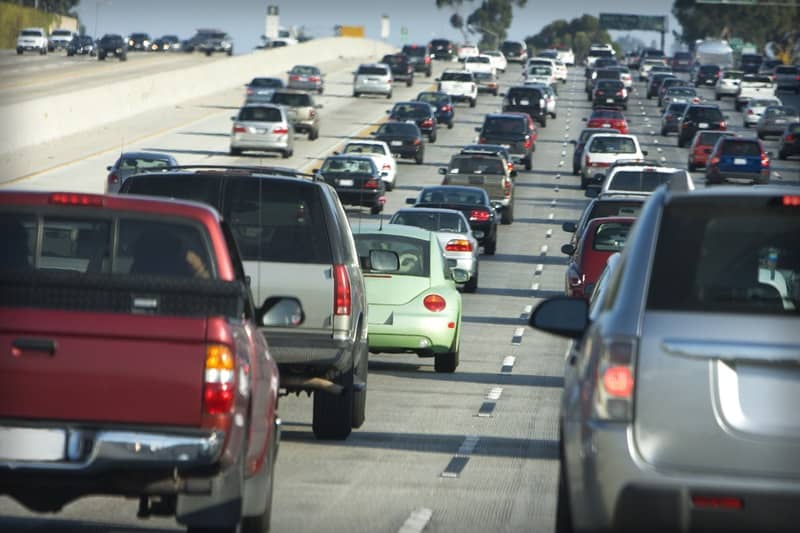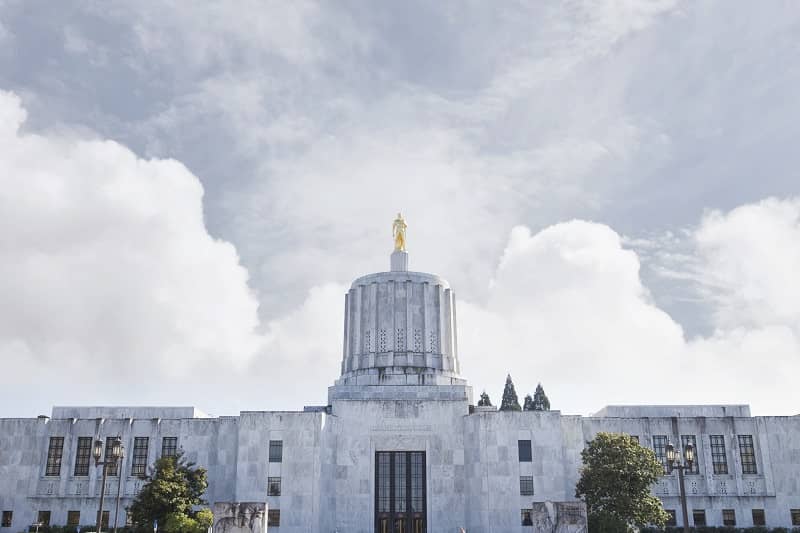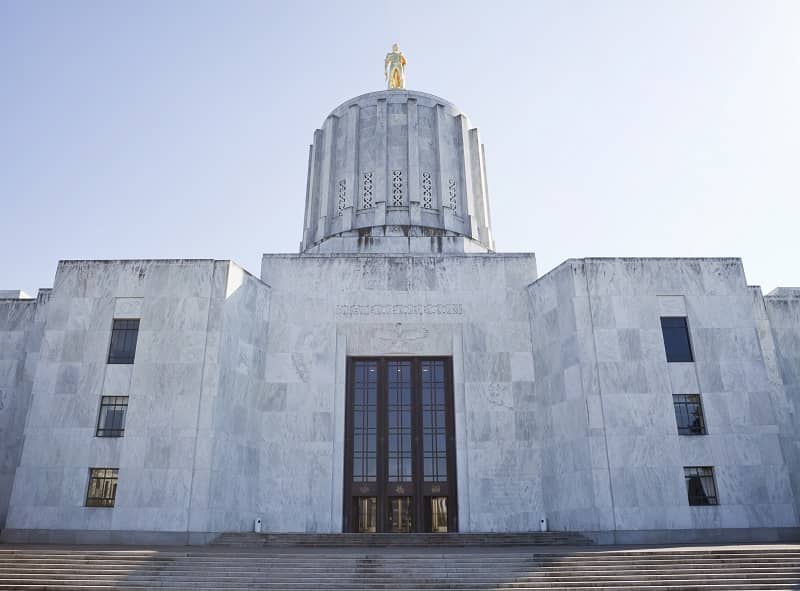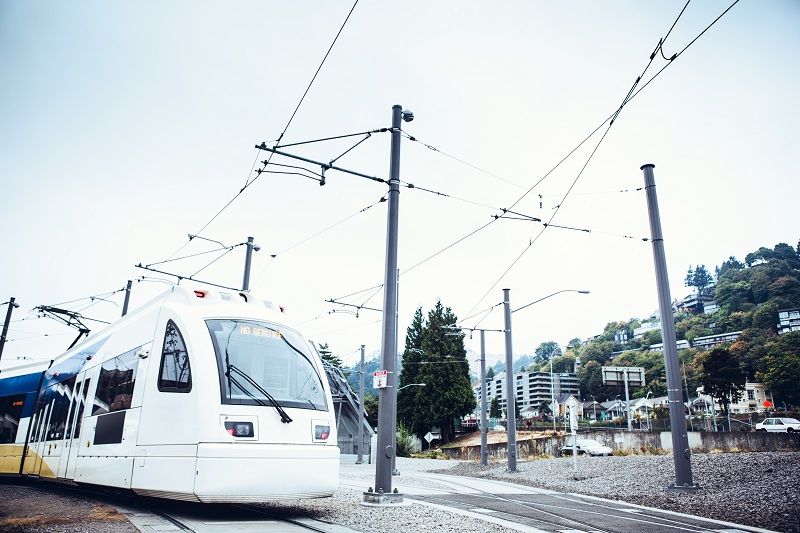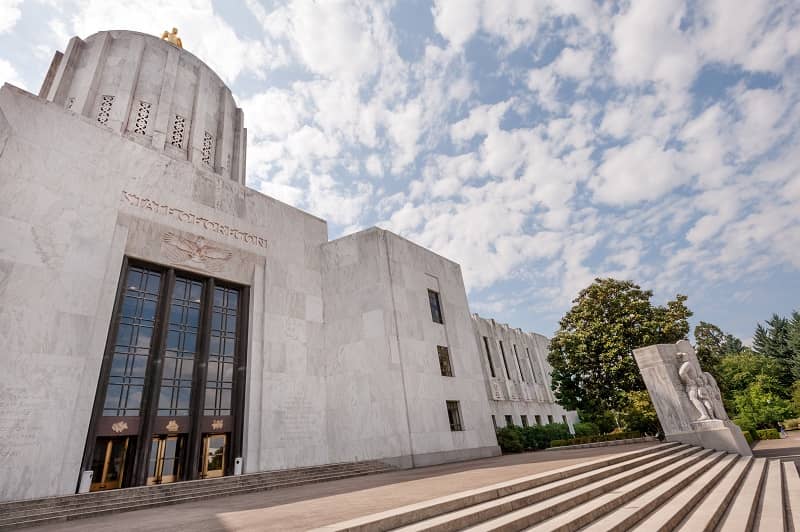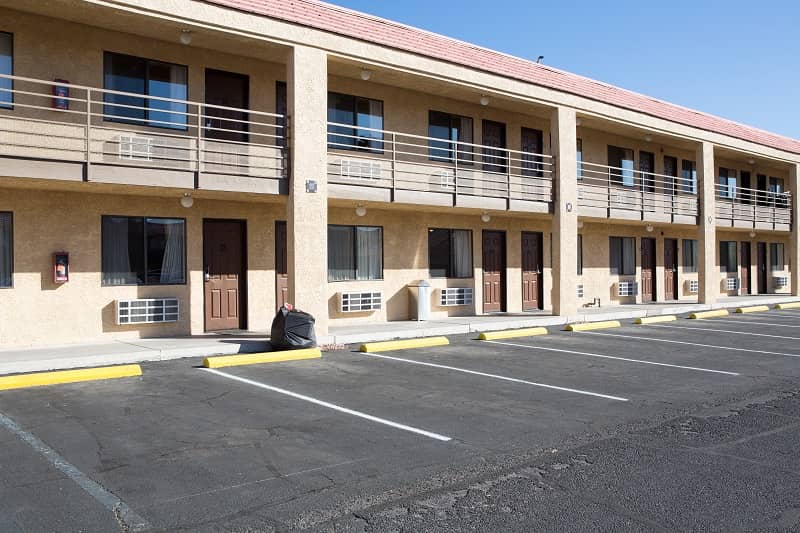Cascade President John A. Charles, Jr. submitted the following testimony to the TriMet Board on January 21, 2014.
To the TriMet Board:
In Resolution 14-01-03, TriMet staff proposes to give away a land parcel valued at $570,000 to a developer on the grounds that the net present value of 30 years of increased transit fares generated by the development is estimated to be $648,732.
The staff has neglected to mention that $648,732 is the gross revenue associated with future boardings. Since TriMet loses money on every trip, the net value of future fares will be a negative number.
For example, the operations cost/boarding for light rail in FY 14 has averaged $1.87. The average originating fare for TriMet fixed route service is $1.47.
Last year all passenger revenue totaled $152,698,000 while operating expenses were $580,289,000, a 26% recovery ratio. So it doesn’t matter what assumptions you use about 30-year discount rates, rental occupancy rates, or rail usage by TOD residents; under all scenarios, TriMet loses substantial amounts of money servicing the proposed project. Therefore there is no “profit” to subsidize the $570,000 giveaway of a public asset.
Moreover, FTA has had a long-standing policy prohibiting such transactions, as noted in the following guidance document:
“Thus, locally preferred Plans for highest and best transit use may be acceptable even if they do not generate the highest possible level of financial return, although the transit system is expected to realize some financial return (i.e., not transfer the property for $1) in a development.” (Innovative Financing Techniques for America’s Transit Systems, FTA, September 1998, p. 45, http://libraryarchives.metro.
net/DPGTL/publications/1998_ innovative_financing_ techniques_americas_transit_ system.pdf).
Elsewhere in the same document, FTA discusses exactly the type of Portland situation contemplated with the SE 17th Street proposal, and declares it impermissible:
“In one property, the highest and best use was considered to be a 9-unit, median income townhouse condominium, with built-in parking for all units. The metropolitan planning organization, Metro, had calculated that social, economic and environmental benefits in that area would be maximized by a rental apartment development, for low-to-moderate income residents, with structured parking for 40 percent of units. Developers maintained that, while the Metro plan could eventually prove economically viable, the current market would not support the higher density plan. The risk of substantial non-payments of rent, and resulting default on project financing, was considered too high. Thus, the value of the land would have to be reduced to reflect this risk. In discussions with Metro, FTA indicated that while the price of the land was to some degree negotiable, FTA would not accept a zero or negative valuation of property to make the project feasible.”
Other subsidies: In the staff memo, it is also stated that TriMet has agreed to “assistance with permitting fees” for the developer. What, exactly, does this mean? Is TriMet proposing to subsidize the soft costs of development, and if so, why?
Alternative uses: The proposed land giveaway should be rejected and alternative uses considered. TriMet staff recommends against using the parcel as a parking lot, but offers no analysis. In fact, light rail depends on park-and-rides to attract riders and most TriMet parking lots exist to service light rail. If you don’t provide parking at this station, out-of-district riders will simply invade nearby residential neighborhoods, creating a nuisance.
Sincerely,
John A. Charles, Jr.
Cascade Policy Institute

